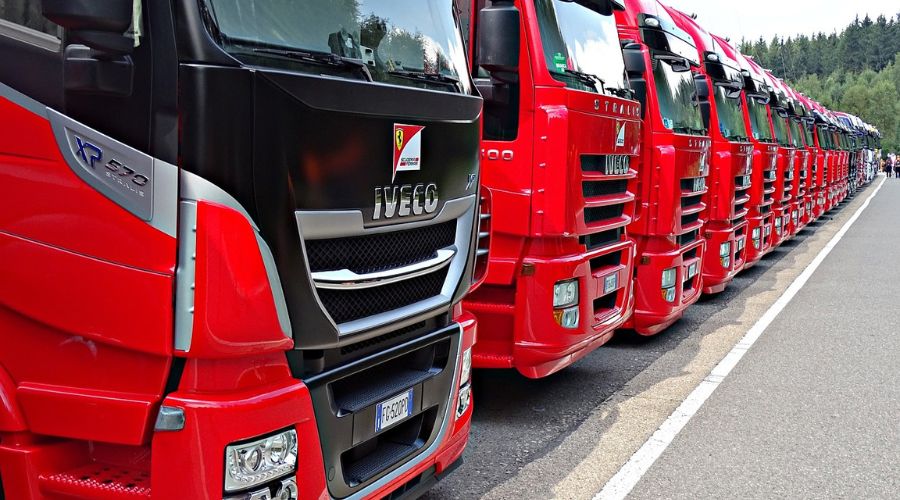Government makes ‘crucial changes’ to improve biosecurity at UK trade border
3rd May 2024
The government has introduced “crucial changes” in regards to food imports as well as animal and plant products to improve the country’s biosecurity.

Products that present a ‘medium’ risk to the UK’s biosecurity will now undergo identity and physical checks, which test for pests and diseases that could impact the safety of food and harm the natural environment.
Checks involve visual inspections and temperature readings of goods.
Additionally, ‘high-risk’ goods will now be checked at the border, where before they were checked at destination.
Defra says that these checks will help identify public health issues such as salmonella, and build on existing safeguarding measures that identify diseases like African Swine Fever, which is widespread in certain countries across Europe and could be devastating to UK pig farms.
Safe import
Up until now, most goods from the EU, apart from the highest-risk items like live animals and high-risk plants, have been entering the UK without checks.
This was always intended to be a temporary measure to allow businesses time to adapt to any incoming changes, Defra said.
Now, after having consulted with thousands of stakeholders across the UK and EU, including business representative organisations and trade associations representing a broad breadth of industry, the UK government is implementing checks to ensure the imported products are as safe as possible.
Growing threat
A National Pig Association spokesperson commented on the news: “The latest seizure of illegal meat imports at Dover is another stark reminder that the government needs to take urgent action to bolster Britain’s biosecurity.
“The impact of an African swine fever outbreak would be devastating for our pig industry and this growing threat needs to be addressed immediately.”
However, British Apples and Pears chair Ali Capper has raised concerns about the impact on those importing trees or plants that would deteriorate or even die if they were delayed at the border as a result of the new regulations.
World-leading pilots
On Tuesday, 30th April, the government also launched two new world-leading pilots that will test whether businesses can carry out checks away from the border, and if new technologies combined with business data can provide assurances that enable further benefits to industry, such as a possible reduction in checks.
These pilots will always seek to ensure that the country’s high biosecurity and food safety standards continue to be met.
The changes are part of the Border Target Operating Model, a new set of global, risk-based border controls. The first set of changes was successfully implemented this January with quick take-up from industry.
The Border Target Operating Model has been designed to minimise costs for traders and consumers.
The government analysis estimates that traders will save around £520 million per annum under the new model compared with our original proposals post Brexit, while the inflationary impacts on food for consumers will be less than 0.2 percentage points over a three-year period.
The cost of the model is negligible compared to the impact of a major outbreak of a plant or animal disease on the economy, the government concluded.
Read more political news.

